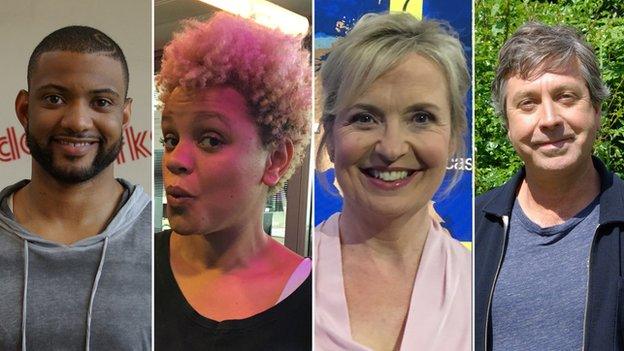Get Inspired: Tennis taught deaf athlete that 'anything is possible'
- Published
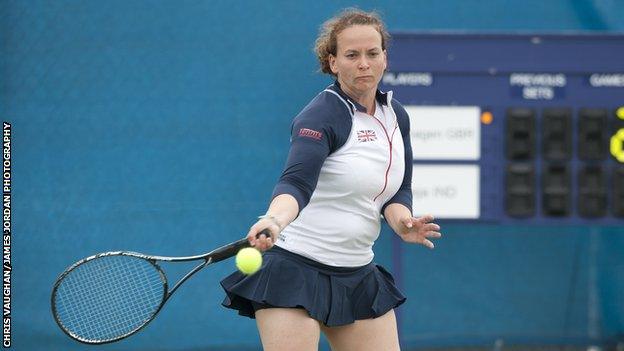
Wimbledon puts the sport's biggest stars firmly in the international limelight. But what does tennis mean to those who operate outside of the big lights?
Valerie Copenhagen has played tennis since she was a teenager, and now competes for Great Britain's deaf team.
How did you get into tennis?
I started playing tennis socially at the local club in my area when I was 13 and really enjoyed it and made some really good friends who I am still in touch with now.
However my passion and drive for tennis has really only come about in the last couple of years since moving to a different club and feeling that with hard work, commitment and dedication that anything is possible and goals can be achieved.
I love playing tennis for lots of reasons but it also helps having such lovely, committed and supportive people at my new club that support me and my goals.
Two years ago I went along to an ID Deaf Talent Day and it was the best decision I made as I was then invited to join the GB squad and I've never looked back.
What do you enjoy most about tennis?
I love everything about the game. I love how it makes my head go fuzzy from thinking too much about the strategies and skills to the singles and doubles games.
I love how even at my age, there is so much to learn, develop and get better on - we never stop learning and I really like that part of tennis.
I also enjoy watching clips of tennis players like Heather Watson and Martina Hingis - learning about what makes them great tennis players and the amazing, clever shots they play.
Lastly, I have really enjoyed my experience being on the squad and meeting other deaf people. They are such lovely people and it is nice to be a part of the team working hard to make sure we do well not just for ourselves but for our country.
Did you have any concerns about taking up tennis?
I worried about whether my coach would be deaf aware and be able to remember that when we are in a session.
It is very hard to hear instructions or feedback when you are outside and the wind is strong and there is so much to learn in tennis and processes to get right.
I have very good speech and with my hair down, people don't realise because I am a very good lip reader so this can sometimes make it more challenging to explain to people about the approach I need in tennis.
What has been your biggest success in tennis?
The opportunity to represent GB at the World Deaf Championships in Nottingham last year.
I was so nervous and didn't really know what to expect. I managed to get through to the second round coming up against the world number one, a German player. I lost, but learnt a great deal from it.
I came home more driven and committed to making sure I do well.
What has tennis brought to your life?
Last February I suddenly lost my father and it was really hard to get on with things.
I remember throwing myself into training and tennis sessions with my coach and it really helped me get by. Tennis at that stage of my life really helped me keep my life on track and stay focused.
I have developed such good friendships through tennis and also a better understanding and appreciation of the game. When I watch tennis on TV I can look at a rally or a particular shot and understand the mechanics and processes behind that and have more admiration for the players.
Tennis and the opportunities I've had have taught me that if you want something, you will work hard to achieve it - and that anything is possible.
What are your hopes/ambitions for the future?
I would love to stay in the squad for as long as possible and have continued opportunities to represent my country, including if the opportunity arose to compete in the Deaflympics in 2017., external
I know it will be hard work but I'm prepared and ready, so bring it on!
I am looking to do my Level One coaching course and hope I can not only help with the children's sessions at my local club but also can inspire other young deaf people to take up the sport and get as much out of it as I have.
- Published27 June 2016
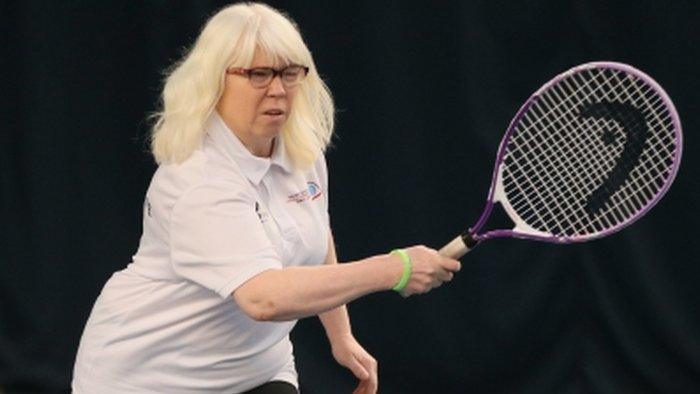
- Published17 June 2019
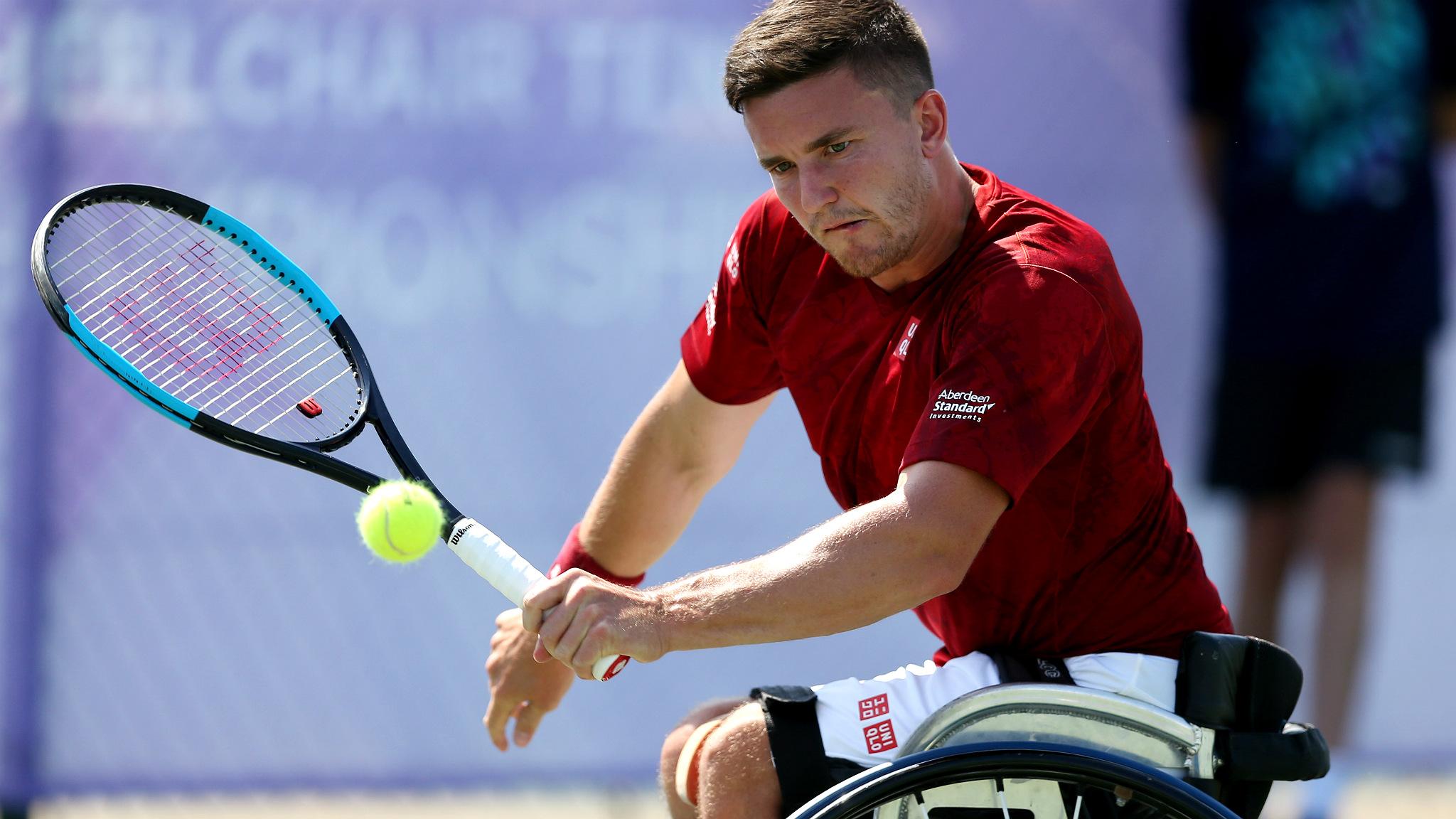
- Published13 June 2016
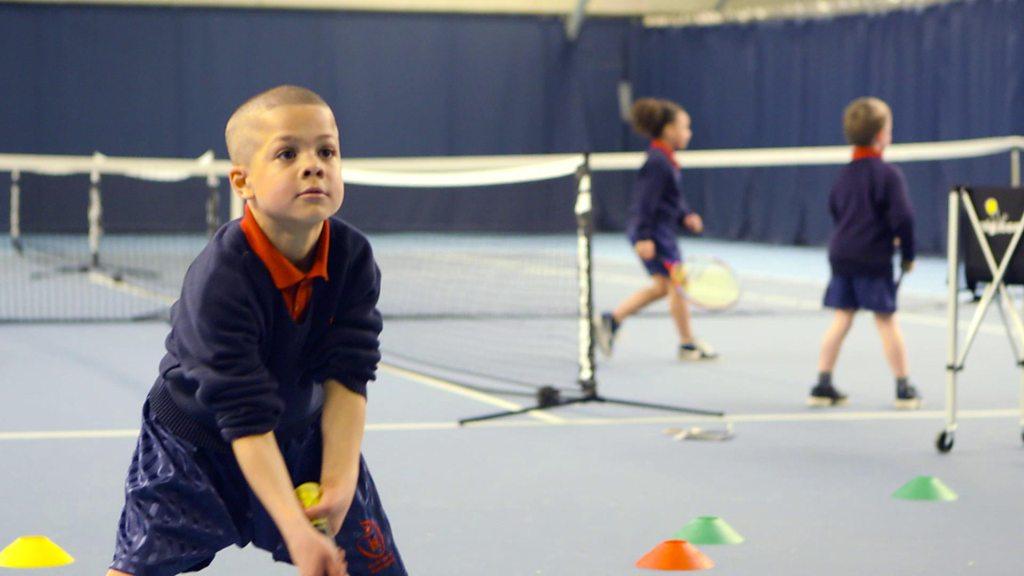
- Published18 June 2016
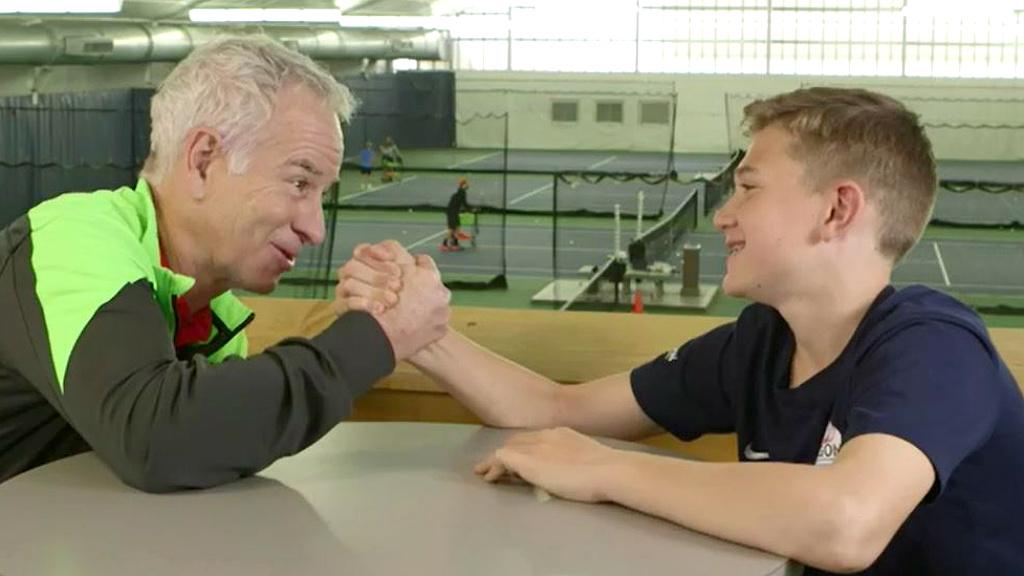
- Published8 July 2015
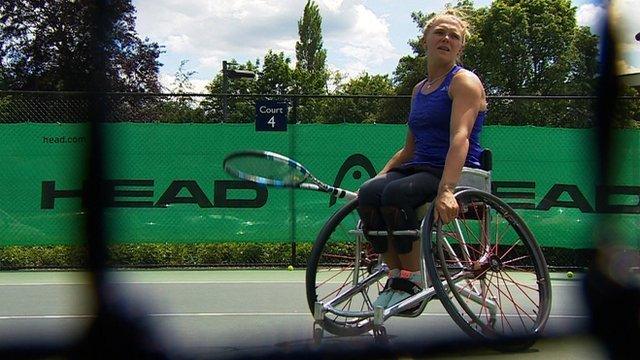
- Published1 June 2016
